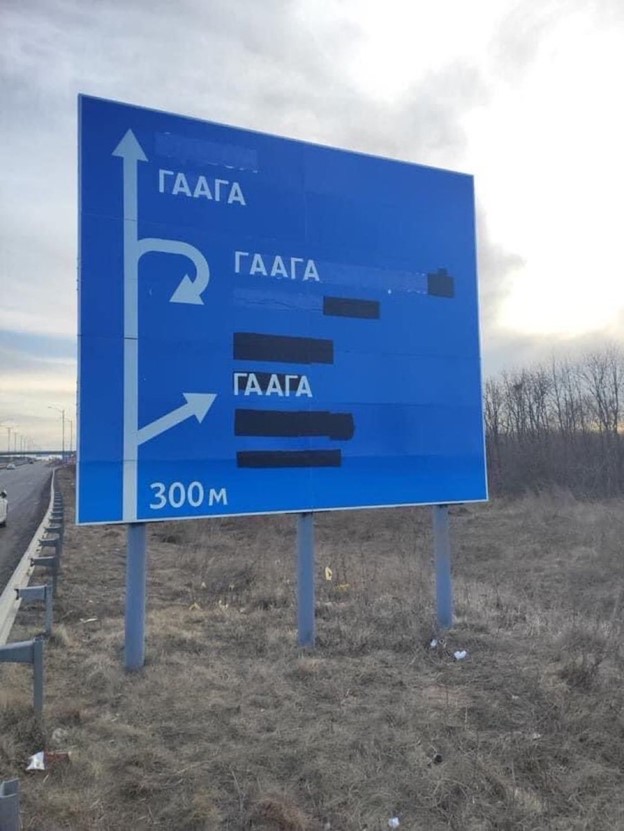Gasoline prices hit new (nominal) highs. But the usage of gasoline per unit GDP (and in absolute terms) has declined since 2008.
The Ruble: Convertible No Longer
From Anders Aslund at Project Syndicate:
And on March 8, the central bank decided to stop exchanging rubles for foreign currencies, which means that the ruble is no longer convertible.
Recession? The Term Spread over the Past Four Recessions
Employment in February
Russian GDP Prospects Visualized
Goldman Sachs cut its 2022 growth estimate from 2% to -7%. I visualize the level of GDP thus:
“Cabaret of Shadows”
A chamber opera with music by Laura Schwendinger, libretto by Ginger Strand, in Houston this weekend.
Market Implied Expected Rates
Interestingly, if implied forwards are to be believed, the Fed won’t be raising rates too fast.
Not “No Exit” – Just “One Exit”
Business Cycle Indicators, March 1st
IHS-Markit just released its monthly GDP estimate for January, with 0% growth q/q. Bloomberg consensus for February nonfarm payroll shaved down to 400K, from 450K on 2/25.
A Forecast on Russian Policy Rate, Inflation
From Wells Fargo today:
